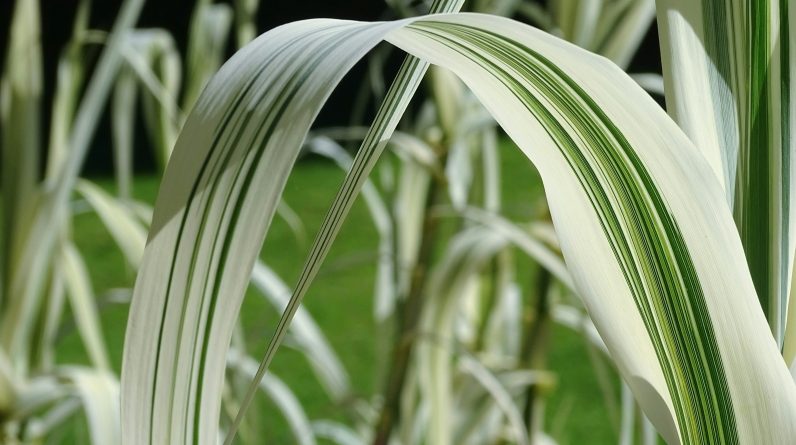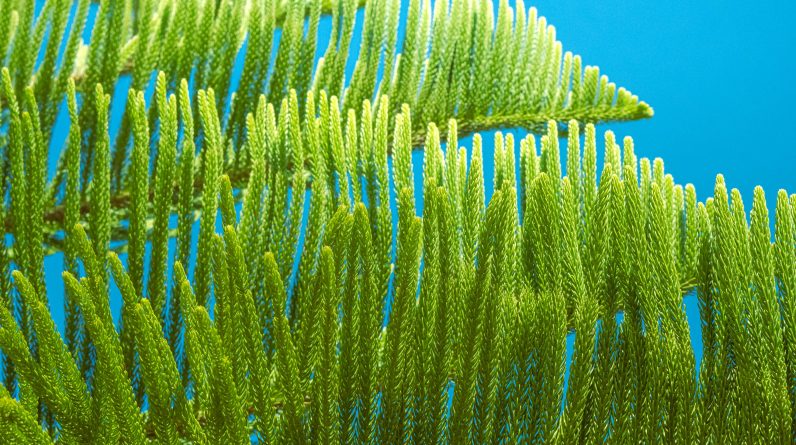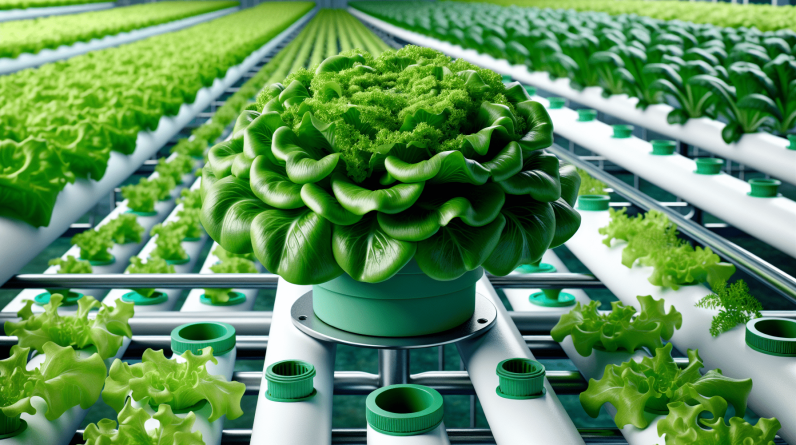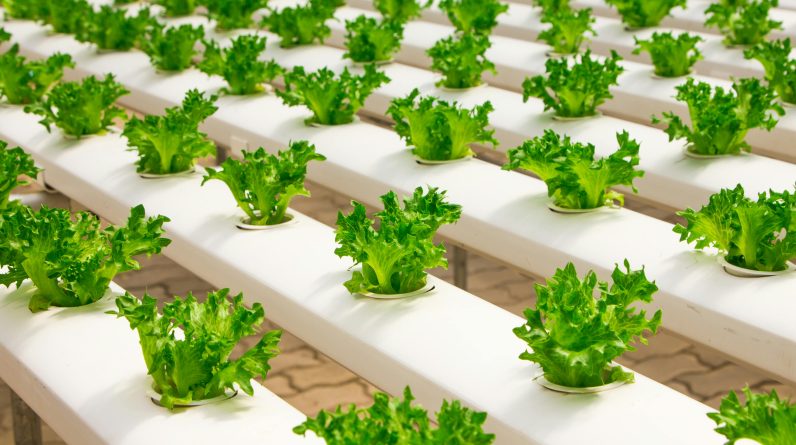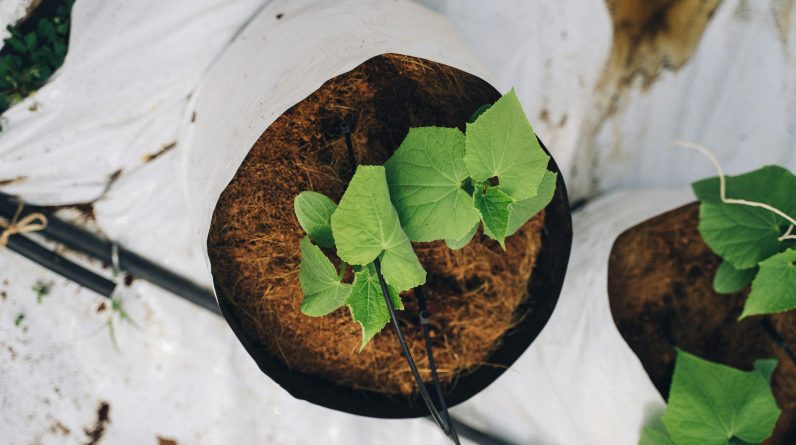
benefits of hydroponic growing systems
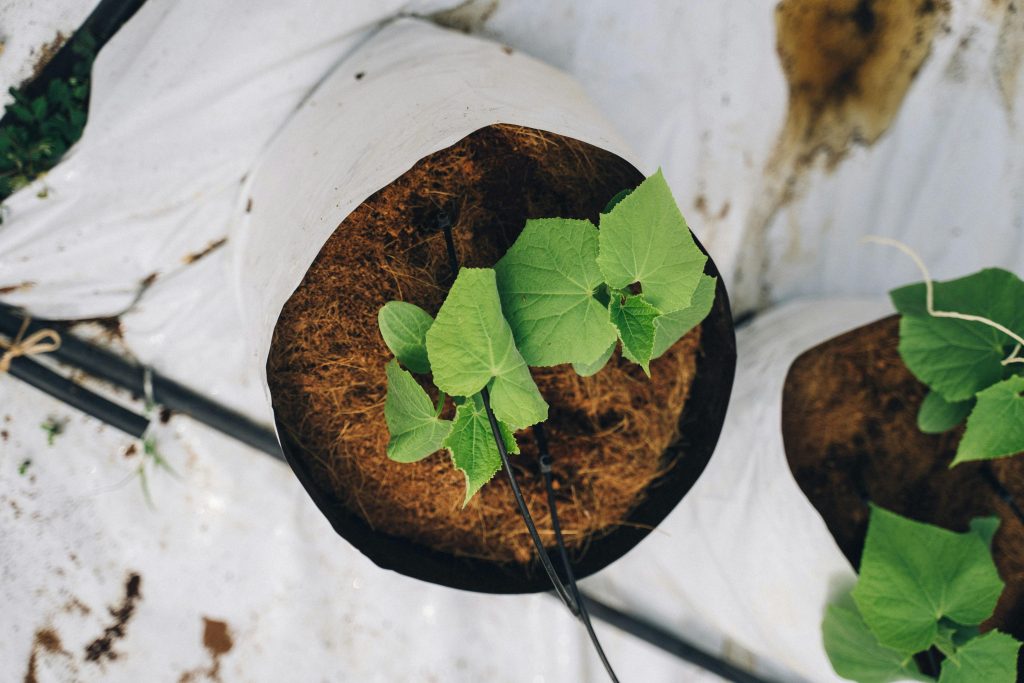
This image is property of images.pexels.com.
Introduction to Hydroponic Growing Systems
If you’re looking to explore a new way to cultivate plants, hydroponic growing systems might pique your interest. These innovative systems offer a range of benefits that can revolutionize your gardening experience. By delivering essential nutrients directly to the roots without the use of soil, hydroponic systems promote faster growth rates, larger yields, and healthier plants. In this article, we’ll delve into the various advantages of hydroponic farming over traditional methods, shedding light on why these systems are gaining popularity among home gardeners and commercial growers alike.
Enhanced Plant Growth and Higher Yields
One of the primary benefits of hydroponic growing systems is the ability to significantly boost plant growth and increase crop yields. By providing a nutrient-rich solution directly to the plant roots, hydroponics enables plants to absorb essential nutrients more efficiently than when growing in soil. This efficient nutrient delivery system allows plants to grow up to 50% faster, leading to quicker harvests and larger yields compared to traditional gardening methods. Whether you’re growing herbs, vegetables, or flowers, hydroponic systems can help you achieve impressive results in terms of quantity and quality.
Water Conservation and Efficiency
Hydroponic growing systems are known for their exceptional water conservation and efficiency. Unlike traditional soil-based gardening, which can be water-intensive, hydroponic systems use up to 90% less water. This is because the nutrient solution in hydroponics is recirculated and doesn’t evaporate or run off like water in soil does. By minimizing water usage, hydroponic farming helps conserve this precious resource while promoting sustainable agriculture practices. Whether you live in a drought-prone area or simply want to reduce your water footprint, hydroponics offers an eco-friendly solution to plant cultivation.
Year-Round Cultivation Regardless of Weather Conditions
Another key benefit of hydroponic growing systems is the ability to cultivate plants year-round, irrespective of external weather conditions. Traditional gardening is often limited by seasonal changes, with certain crops only thriving during specific times of the year. With hydroponics, you can control the growing environment, including temperature, humidity, and light, to create optimal conditions for plant growth. This means you can grow fresh produce all year long, even in the dead of winter or scorching heat. By eliminating the dependence on outdoor conditions, hydroponic systems offer greater flexibility and consistency in crop production.
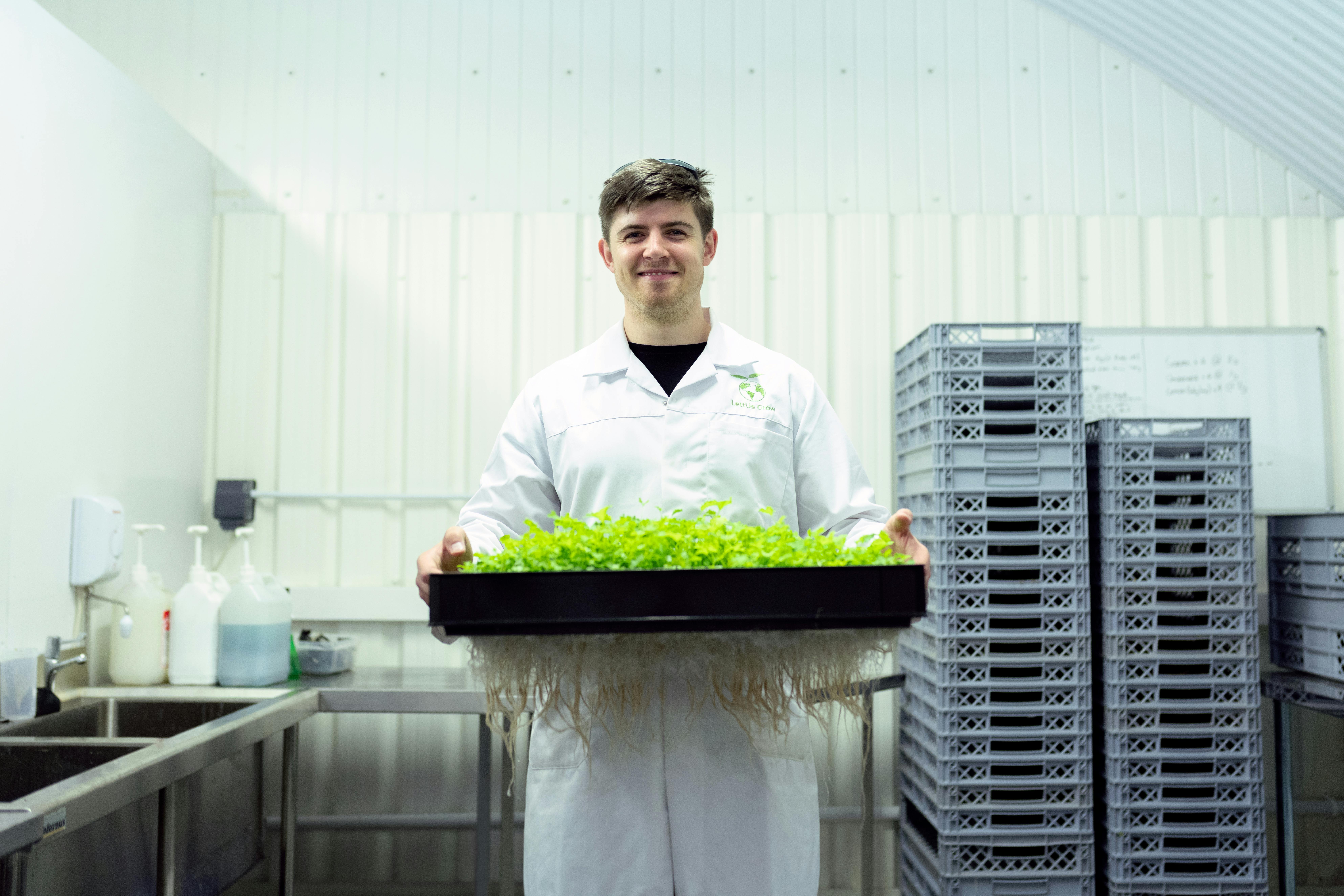
This image is property of images.pexels.com.
Reduction of Soil-Borne Diseases and Pests
One of the challenges faced by traditional farmers is the prevalence of soil-borne diseases and pests that can harm plants and reduce yields. Hydroponic growing systems address this issue by eliminating the need for soil altogether. Without soil, the risk of soil-borne diseases such as root rot and fusarium wilt is greatly reduced, resulting in healthier plants and higher crop quality. Additionally, hydroponic systems are less susceptible to pest infestations, as pests that typically reside in soil have difficulty establishing themselves in a soil-less environment. By minimizing disease and pest pressures, hydroponics offers a more sustainable and environmentally friendly approach to plant cultivation.
Reduction in Chemical Inputs
Traditional agriculture often relies on chemical pesticides and fertilizers to combat pests and promote plant growth. However, the excessive use of chemicals can have detrimental effects on the environment, soil quality, and human health. Hydroponic growing systems provide a natural and alternative method of plant cultivation that reduces the need for chemical inputs. By delivering nutrients directly to the plant roots, hydroponics eliminates the use of synthetic fertilizers and minimizes the risk of chemical runoff into water sources. This environmentally conscious approach not only ensures the health and safety of your crops but also contributes to a cleaner and more sustainable ecosystem.
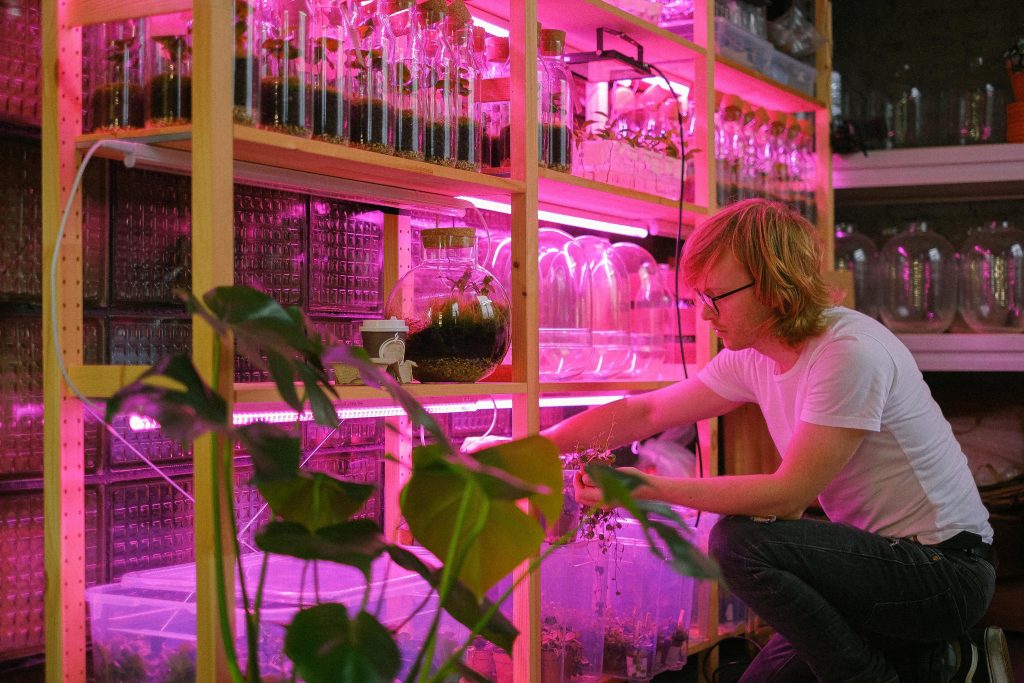
This image is property of images.pexels.com.
Sustainable and Efficient Crop Production
In essence, hydroponic growing systems offer a sustainable and efficient solution to crop production that addresses many of the challenges faced by traditional agriculture. By conserving water, eliminating soil-borne diseases, reducing chemical inputs, and enabling year-round cultivation, hydroponics represents a forward-thinking approach to gardening that prioritizes environmental stewardship and resource efficiency. Whether you’re a seasoned gardener or a novice enthusiast, incorporating hydroponic systems into your growing setup can revolutionize the way you cultivate plants and produce food. With a focus on sustainability, productivity, and innovation, hydroponics is shaping the future of agriculture and paving the way for a greener and more abundant tomorrow.
Conclusion
In conclusion, the benefits of hydroponic growing systems are wide-ranging and impactful, offering a myriad of advantages over traditional gardening methods. From enhanced plant growth and higher yields to water conservation, year-round cultivation, and reduced chemical inputs, hydroponics provides a holistic approach to sustainable crop production that can benefit gardeners, farmers, and the environment alike. By harnessing the power of nutrient-rich solutions, controlled environments, and innovative technology, hydroponic systems represent a modern and efficient way to grow fresh, nutritious crops without the limitations of soil or outdoor conditions. Whether you’re looking to maximize your gardening efforts, improve crop quality, or minimize your environmental footprint, hydroponic farming is a smart and promising choice for cultivating a thriving garden and a healthier planet. So why not give hydroponic growing systems a try and experience the numerous benefits for yourself? Happy growing!





